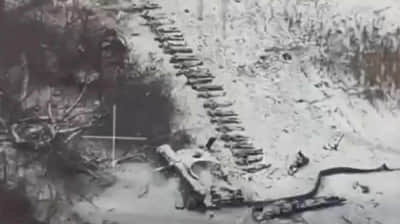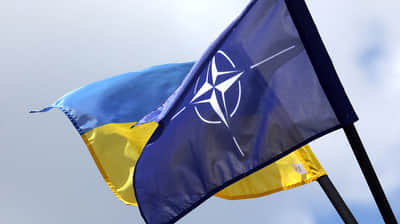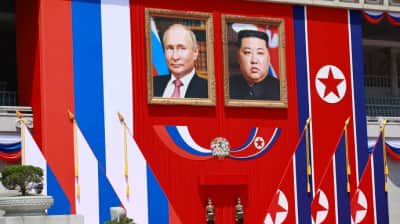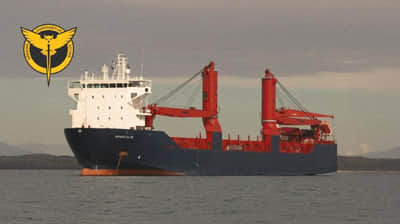Russia praises new Oreshnik ballistic missile, but experts doubt its innovation – ISW

Russian leader Vladimir Putin and the Russian military leadership are continuing to laud the Oreshnik ballistic missile launched on 21 November on the city of Dnipro. However, military analysts at the Institute for the Study of War (ISW) suggest that this is part of an information campaign to inflate Russia's capabilities and put pressure on the West and Ukraine.
Source: ISW
Details: Putin met with Russian Defence Ministry leadership, representatives of the Russian defence industry and missile developers on 22 November, calling the Oreshnik launch "successful" in response to "those who are trying to blackmail" Russia.
According to Putin, the Oreshnik missile has been created based on advanced technology, not a modernisation of Soviet-era designs, and is already being prepared for mass production. Colonel General Sergei Karakayev, Commander of the Russian Strategic Missile Forces, emphasised that the missile could strike targets across Europe and claimed there is nothing else like it in the world.
The US and Ukrainian media have pointed out that the Oreshnik missile is not a fundamentally new weapon. Pentagon officials have confirmed it is a medium-range missile derived from the RS-26 Rubezh intercontinental missile (ICBM). Pentagon spokeswoman Sabrina Singh stressed that previous Russian missile strikes involved warheads "significantly larger" than those of the Oreshnik.
Ukrainian military intelligence suggests that Oreshnik is a codename for the Kedr missile project, developed from the Yars ICBM. Lieutenant General Kyrylo Budanov, Head of Defence Intelligence of Ukraine, stated that work on the Kedr has been underway since 2018-2019. While ISW cannot independently verify these statements, it concurs that the 21 November strike does not indicate any new Russian capabilities.
Quote: "Russia benefits from the rhetorical fanfare surrounding the November 21 strike and likely hopes that stoking concerns over the Oreshnik missile launch will prompt the West to dial back its support for Ukraine."
To quote the ISW’s Key Takeaways on 22 November:
- Russian President [sic] Vladimir Putin and Russian military leadership continue to extol the ballistic missile that Russian forces launched at Ukraine on 21 November, likely in an effort to artificially inflate expectations of Russian capabilities and encourage Western and Ukrainian self-deterrence.
- Russia may additionally conduct test launches of the same or similar ballistic missiles in the coming days to accomplish the same rhetorical effect.
- Russia has reportedly provided North Korea with over one million barrels of oil and an unspecified number and type of air defence systems and missiles in return for North Korea's provision of manpower for Russia's war effort in Ukraine.
- The Ukrainian Prosecutor General’s Office opened an investigation against another instance of Russian forces executing Ukrainian prisoners of war (POWs) in Donetsk Oblast.
- Russian forces recently advanced west of Svatove, south of Chasiv Yar, south of Toretsk, northeast of Vuhledar, and northeast of Velyka Novosilka.
- Russia continues to build its training capacity by establishing new service academies in occupied Ukraine.
Support UP or become our patron!





